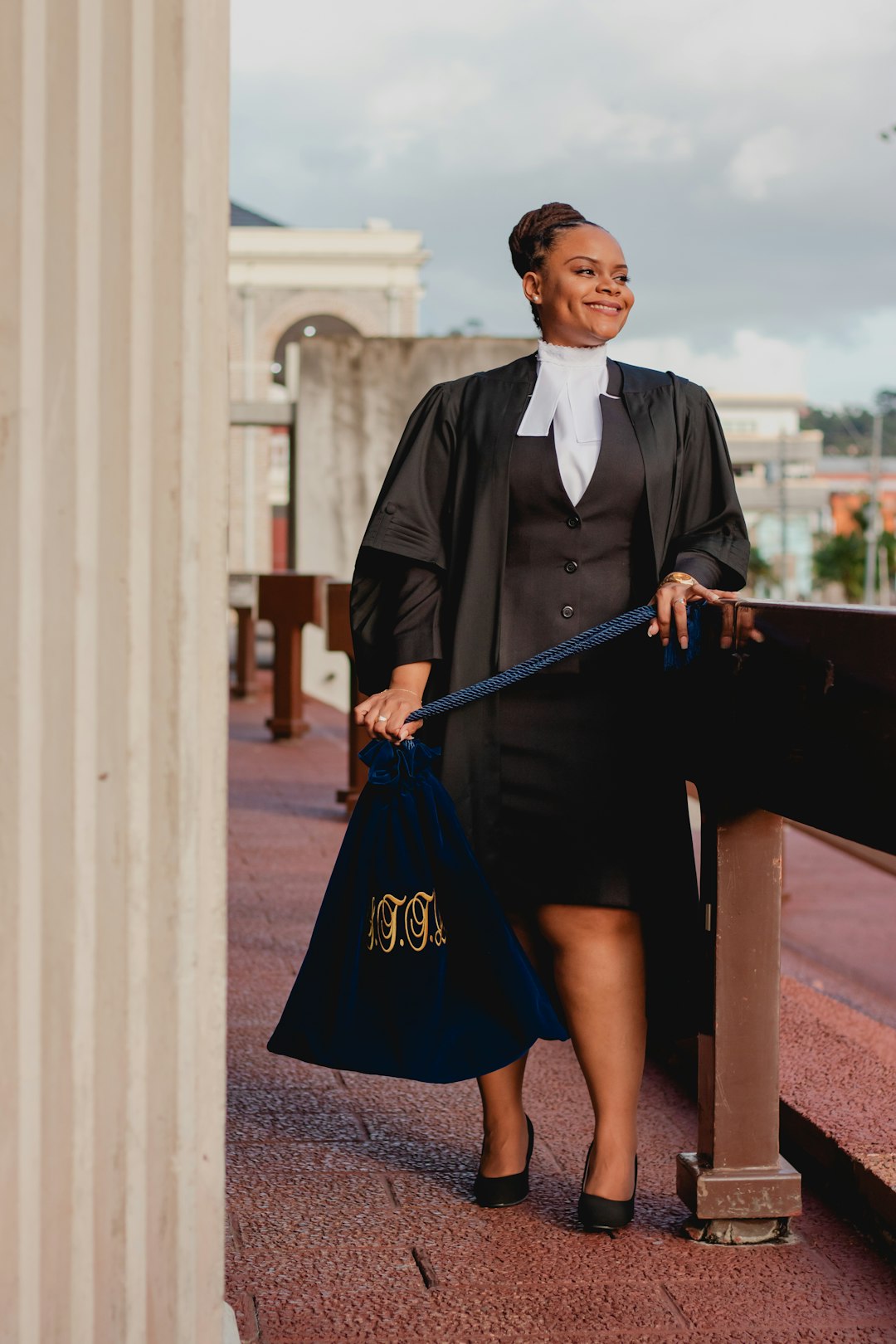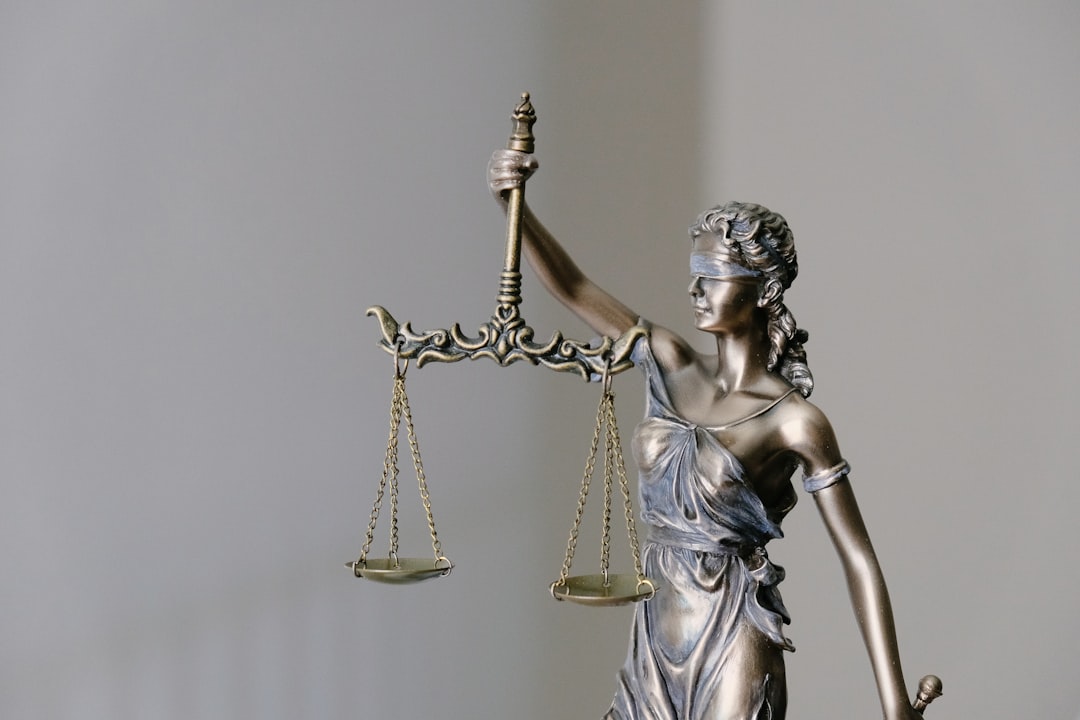Low-income families in Florida have specific legal protections regarding their children's well-being, especially in school-related matters. School abuse attorneys are crucial in guiding parents through complex legal processes, addressing issues like abuse, neglect, special needs, discipline, and discrimination. Non-profit organizations and community clinics offer free legal services to these families, with resources available via the Florida Legal Aid Association's directory. These attorneys play a vital role in protecting children's rights and fostering safer learning environments by offering legal guidance, investigations, and representation in various contexts, from administrative bodies to courts.
In Florida, low-income families often face significant legal challenges, but resources exist to help. This guide navigates essential legal protections and free services available to these families. From understanding your rights to accessing free legal aid, this article provides a roadmap for navigating complex systems. Additionally, we delve into the critical role of school abuse attorneys, ensuring children’s safety and legal protection against institutional misconduct. Discover how to take charge and access the support you deserve in Florida.
Understanding Legal Rights for Low-Income Families in Florida

Low-income families in Florida have specific legal rights and protections, especially when it comes to matters affecting their children. It’s essential for parents and guardians to be aware of these rights, ensuring they can navigate the complex legal system effectively. One critical area of focus is school-related issues, including potential abuse or neglect within educational institutions. Florida law provides guidelines and resources for families to address such concerns, especially when involving special needs, discipline, or discrimination.
School abuse attorneys in Florida play a vital role in advocating for these rights. They guide parents through legal processes, offering support and ensuring their voices are heard. With the right legal assistance, low-income families can access justice, protect their children’s well-being, and advocate for educational environments that meet their unique needs. Understanding these rights is the first step towards empowering families to take action and seek help when needed.
Identifying and Accessing Free Legal Services in Florida

In Florida, numerous organizations offer free legal services to low-income families facing various challenges, including issues related to school abuse and discrimination. Identifying these resources is a crucial first step for those seeking assistance. Many non-profit legal aid organizations and community-based clinics provide pro bono representation, ensuring that financial constraints do not prevent access to justice.
One effective way to locate free legal services is through the Florida Legal Aid Association, which offers a comprehensive directory of member agencies across the state. These agencies specialize in various areas, including education law, family matters, and civil rights, catering to diverse community needs. For instance, school abuse attorneys in Florida can be found within these networks, ready to support families navigating complex legal issues stemming from educational institutions.
School Abuse Attorneys: Navigating Legal Protection for Children

In Florida, school abuse attorneys play a crucial role in safeguarding the rights and well-being of children who may have experienced mistreatment or neglect within educational institutions. These legal professionals are equipped to navigate complex laws and policies to ensure justice for their young clients. When a child faces bullying, harassment, discrimination, or any form of abuse at school, they can turn to specialized attorneys who understand the unique challenges of such cases.
School abuse attorneys in Florida offer invaluable support by providing legal guidance, conducting investigations, and representing students’ interests before administrative bodies or in court. They help families understand their options, whether it’s filing a complaint with the school district, pursuing civil litigation, or advocating for policy changes to prevent future instances of school abuse. Their expertise enables them to protect children’s rights and foster a safer learning environment.





